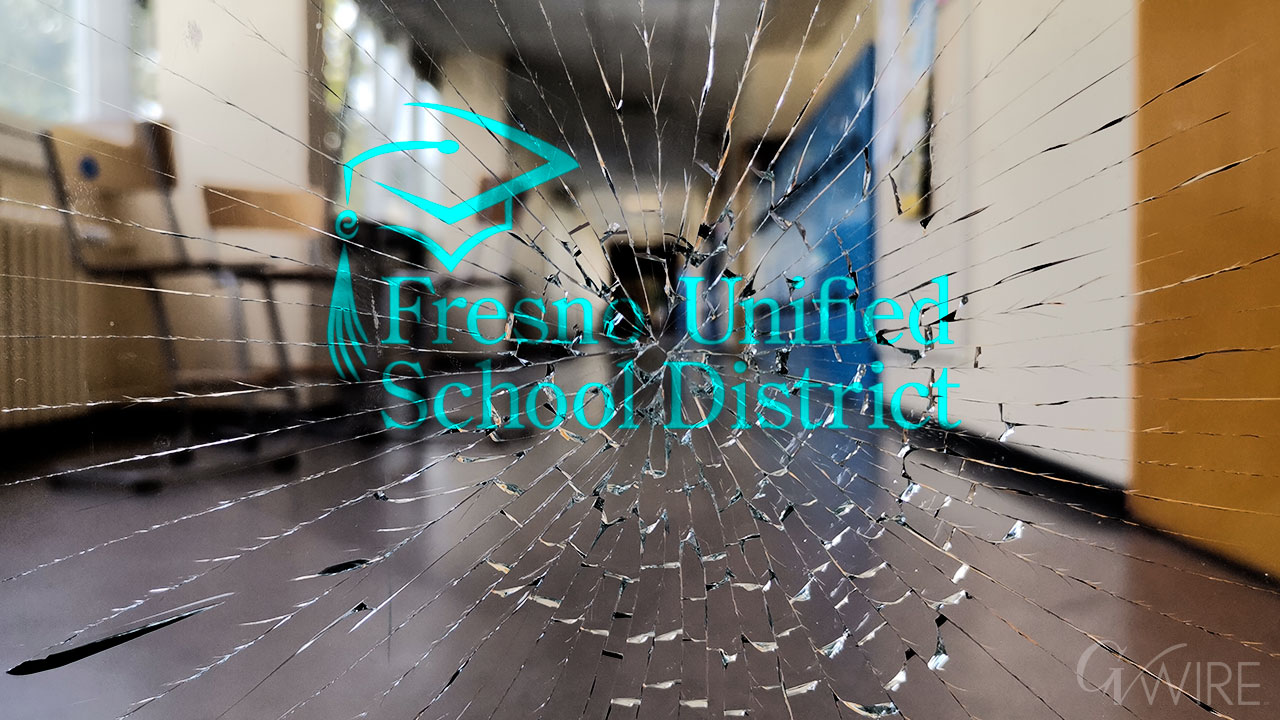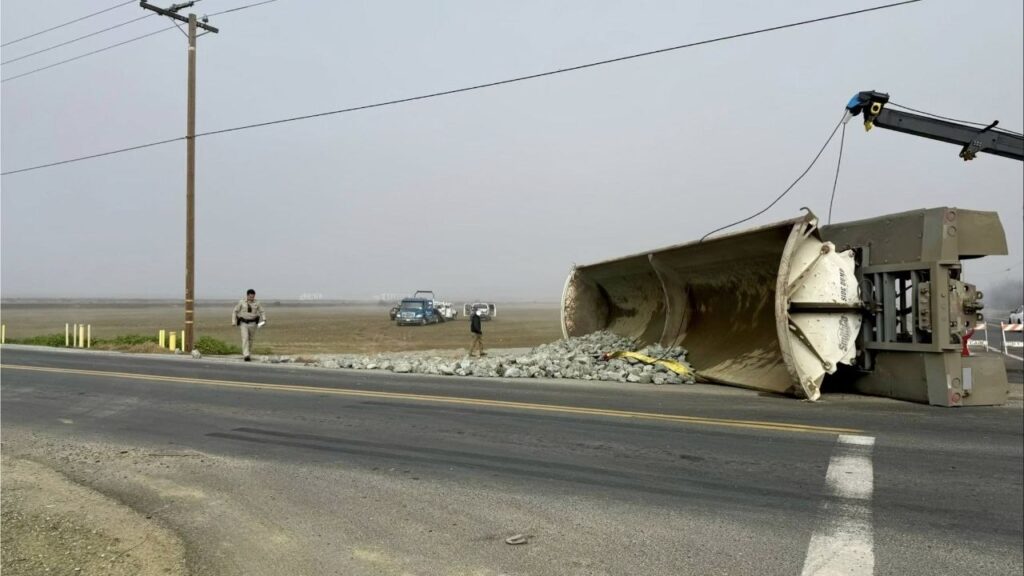State auditors inspected three Fresno Unified schools and ranked their conditions lower than the district did. (GV Wire Composite/Paul Marshall)

- A report by the California State Auditor found schools in Fresno Unified and five other districts had maintenance deficiencies.
- Under the Williams Act, schools are required to provide adequate learning environments by keeping schools clean, safe, and well-maintained.
- Students may be likelier to skip school when their classrooms are badly maintained.
Share
|
Getting your Trinity Audio player ready...
|
A new report by the California State Auditor says that schools in Fresno Unified and five other California school districts are failing to report the true conditions on the inside and outside of school buildings, putting students safety and learning at risk.
The report, “Custodial Staffing and Cleanliness Standards,” found that few complaints are lodged with Fresno Unified and other districts under the Williams Act, which requires that students have access to an adequate education that includes having qualified teachers and well-maintained, clean facilities.
The state audit inspected three schools in each of the six school districts. In Fresno Unified, the three schools were Calwa Elementary, Edison Computech Middle School, and Fresno High School. The other unified school districts included in the audit were Los Angeles, Calaveras, Chico, Palo Verde, and Santa Maria-Bonita.
State auditors used the same Facility Inspection Tool that school districts use to conduct their own Williams inspections and found that for the most part the districts and their county offices of education, which also are required to conduct such inspections, were overly generous in their evaluations.
Variance in Rankings
For example, in the safety category, Fresno Unified, which the audit says uses a third-party consultant to conduct its inspections, had ranked each of the three schools as being “good” while the state inspectors ranked Calwa Elementary and Fresno High as “poor” and Edison Computech as “fair.”
Calwa Elementary in southeast Fresno, one of the district’s older schools, is in line for a major multimillion-dollar overhaul through the Measure H bond measure that district voters overwhelmingly approved on Nov. 5.
The auditors noted that the Fresno County Office of the Superintendent of Schools was even more generous with its inspection reports, giving Calwa an overall ranking of “exemplary” even though the district and state audits both ranked it as good.
The auditors questioned whether the inspection tool itself fully reflects the extent of problems. As an example, it said that that 11 classrooms at Fresno High School had between two and five hazardous materials deficiencies per room, but each room got the same score — no matter how many deficiencies and how much greater the safety risk was.
The auditors noted the presence of “daisy-chain” electrical cord connections at Fresno High and the availability in classrooms of cleaning supplies brought in by teachers, which Fresno Unified in its response to the audit said were prohibited and would be addressed with staff.
In the category of interiors surfaces, which includes floors, ceilings, and window casings, Fresno Unified ranked Edison Computech as good and Calwa and Fresno High as poor, while the state auditor ranked all three as poor.
The district and the state audit agreed on the “good” rankings for cleanliness and structural soundness, which includes roofs, for the three schools.
Fresno Unified’s Needs Outpace Resources
State law requires districts to set aside 3% of their state facilities funding for maintenance. During the review period of 2022-22 and 2022-23, Fresno Unified boosted the amount spent to maintain and operate facilities by 52%, the audit reported.
But the district told state auditors that a maintenance study found that the district would need to spend $2.49 billion to return all its school facilities to “80% maintenance standard,” and would still have outstanding maintenance issues. The district’s total general fund budget, which includes payroll, facilities, and other categories, was just over $1.7 billion for the 2023-24 school year, the audit reported.
The county office of education is required under state law to submit Williams inspections quarterly reports and also present its annual findings to the Fresno Unified School Board, county School Board, and county Board of Supervisors. But the office failed to submit quarterly reports and also did not submit its annual reports to the FUSD board, the state audit found. The county office contended that the annual reports “are available because they are public,” the audit said.
Even though notices are posted in classrooms, few to no Williams Act complaints have been filed about deficiencies in Fresno schools. The State Auditor recommended that school site councils, which include school staff and parents, become involved in the inspections process.
Fresno Unified noted in response that its third-party contractor does consult with school site personnel before setting a facilities inspection score.
In addition, the audit recommended that state legislators should consider earmarking separate funding for school maintenance outside the existing Local Schools Funding Formula mechanism, to make it dependent on need and not student characteristics such as income levels and academic performance.
Read the State Audit
RELATED TOPICS:
Categories

Arizona Court Strikes Down Abortion Restriction Laws

US Moves to Deport 5-Year-Old Detained in Minnesota

Europe Accuses TikTok of ‘Addictive Design’ and Pushes for Change

AIPAC’s Move Backfires as Gaza Tensions Flare in Midterms

Dow Hits 50,000, Nvidia Soars as Traders Focus on AI Spending














